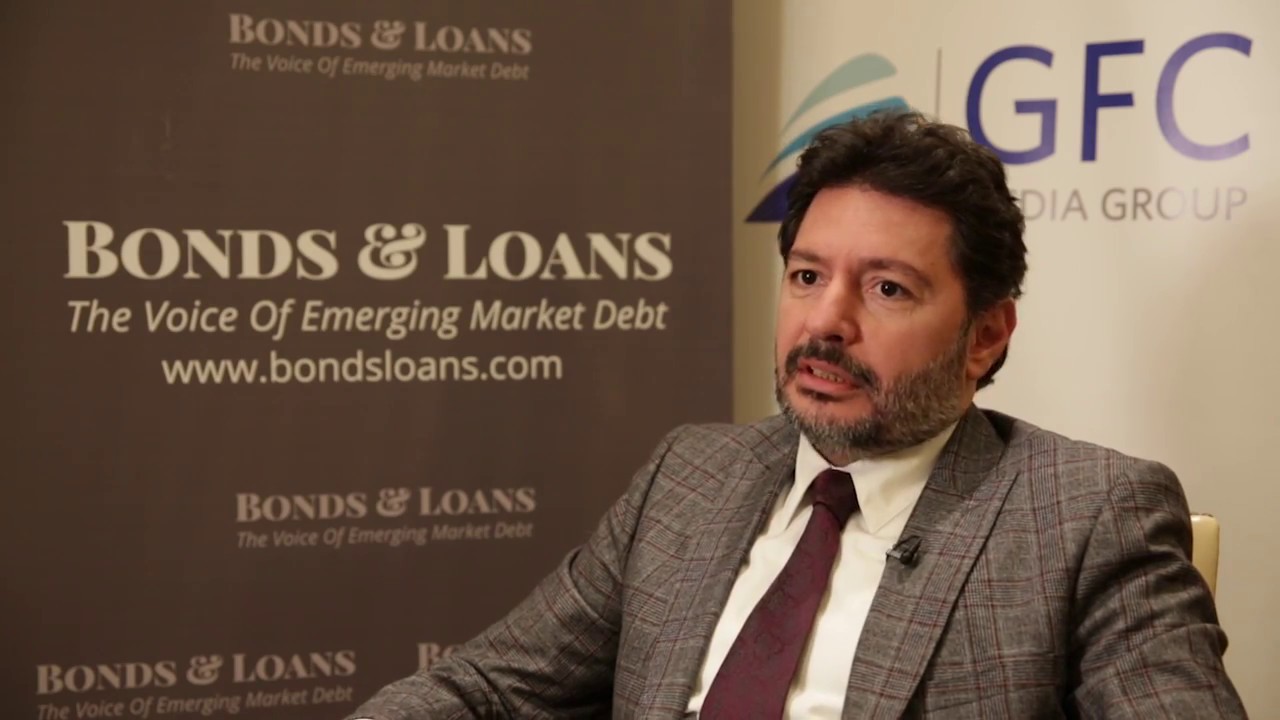US Sentences Turkish Banker to 32 Months in Prison Over Iran Sanctions Busting
A U.S. judge sentenced a Turkish banker to 32 months in prison over his involvement in a scheme to evade U.S. sanctions against Iran, rejecting the prosecution’s demand for a harsher sentence in a case that strained relations between two countries.
Mehmet Hakan Atilla, a senior executive at state-run Halkbank in Turkey, faced charges of co-conspiring along with Turkish-Iranian gold trader Reza Zarrab to bust U.S. sanctions through a complex scheme at the bank.
He was found guilty by the Jury on Jan. 3 on charges of conspiracy to violate sanctions against Iran, conspiracy to defraud the U.S., bank fraud, conspiracy to commit bank fraud and money laundering conspiracy. The jury absolved him of money laundering charge.
On Wednesday, Judge Berman said he intends to impose a sentence of 32 months of incarceration with credit for the time already served. That means he would be released in January 2020 given the fact that he has already served 13 months in custody.
The judge said there will be no supervised release and Atilla would be able to go back to his country after completing his sentence. With this sentence, Atilla will be able to go back to Turkey next year.
He offered a detailed assessment for why reached such a verdict against the banker who stood at the trial as the only defendant while other key figures such as former Turkish Economy Minister Zafer Caglayan and Halkbank’s former CEO Suleyman Aslan, were absent.
Judge Berman rejected the prosecution’s portrayal of Atilla as the “architect of the scheme.”
He was simply doing his job, sometimes reluctantly, under the orders of Halkbank CEO Aslan, the judge noted. He added that Atilla was one of the few who did not take any bribe during the case. Zarrab who became a witness in the trial accepted that he bribed Aslan and other senior officials. He paid to former Minister Caglayan up to 50 million euros as bribes in total.
The judge said he thought that a life sentence would not be appropriate.
He said Atilla gave false testimony under oath at trial and cited a number of examples in which the banker did not provide accurate information. He simply tried to downplay his role in the fake food scheme and refused to have meetings with U.S. officials.
The judge underlined that Zarrab convincingly explained during the trial the involvement of Atilla in the entire scheme.
The case has strained already tense relations between Turkey and the U.S. Erdogan told Bloomberg that “if Hakan Atilla is going to be declared a criminal, that would be almost equivalent to declaring the Turkish Republic a criminal.”
Aware of the implications of the ruling for the national security and bilateral relations, the judge said the U.S. government’s position is the deterrence to keep other banks from violating sanctions. The likelihood the Turkish banker would take part in a similar scheme, the judge noted, is “virtually nonexistent.”
He also said he does not consider to impose $50,000 to $500,000 fine requested by the government, since Atilla cannot afford to pay.
Atilla’s lawyer Victor J. Rocco urged the judge to show to the world that “Americans are not bullies.” He demanded Atilla be sent to his family and his country.
Prosecutor Michael D. Lockard, however, pushed for a long sentence and stated that Atilla’s expertise helped the scheme to succeed on a massive scale. He rejected downplaying of his role in the entire plot and emphasized that Atilla’s professional knowledge played a key part in the scheme, including the creation of fake food system.
He also claimed that Atilla did lying and deception. The sanctions-evasion case, the prosecutor said, was one of the biggest in the U.S. history.
He demanded a 20-year sentence, not 105 as the government guidelines suggest. The defense, in contrary, expected between 46 and 57 months. The ruling means that Atilla got a sentence even more lenient than the defense team’s expectation.




Comments are closed.